New Zealand, with its breathtaking landscapes, rich culture, and friendly locals, is a dream destination for many travelers. Whether you’re an adventure seeker, nature lover, or culture enthusiast, Aotearoa (the Māori name for New Zealand) has something to offer everyone.
However, before you embark on your journey to this enchanting land, there are a few essential things you should know to make the most of your trip. Here are some handy tips to ensure a smooth and unforgettable experience in New Zealand:
1. Seasons in New Zealand :
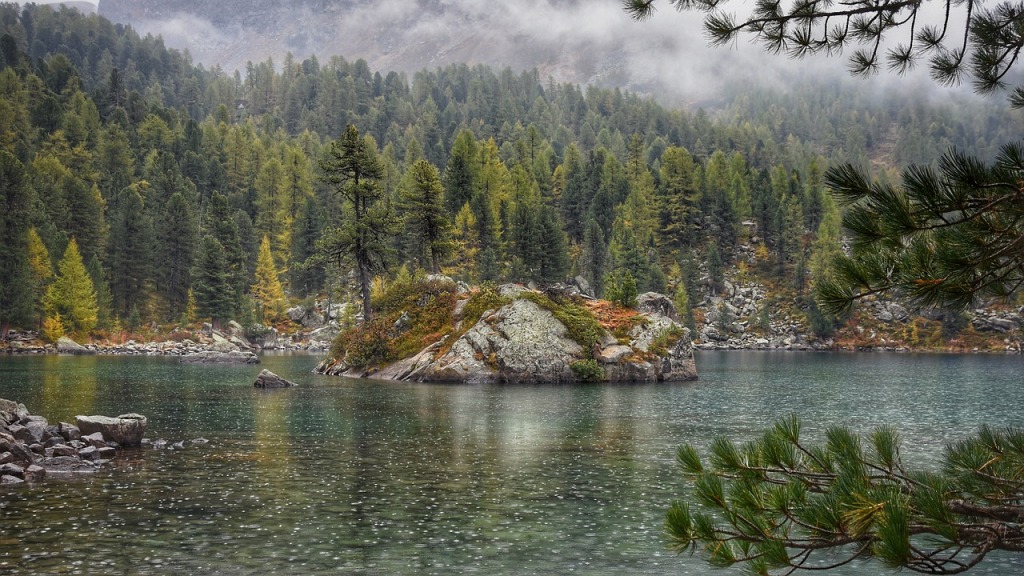
New Zealand’s weather can be unpredictable, so it’s crucial to pack accordingly. The country experiences four distinct seasons, with summer lasting from December to February and winter from June to August. If you’re planning outdoor activities like hiking or skiing, be sure to check the weather forecast and dress in layers to stay comfortable throughout the day.
BOOTS , RAINCOAT AND SUNSCREEN are a must. Be prepared for the battle with sandflies (especially in the river banks) 😄
Summer: December to February
Fall: March to May
Winter: June to August
Spring: September to November
2. Driving in New Zealand:
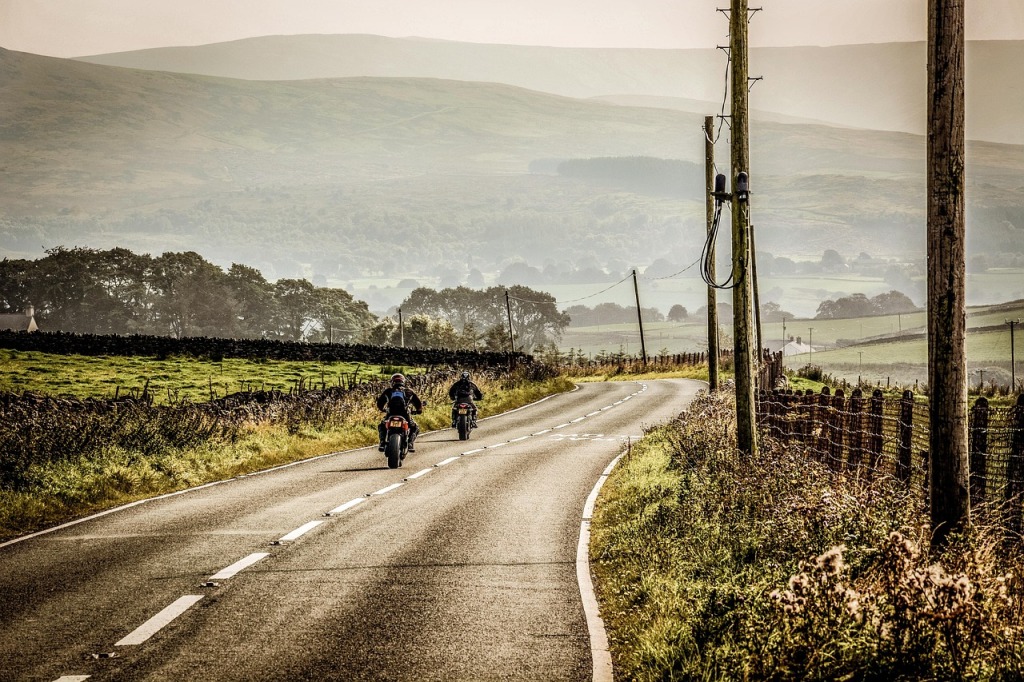
Renting a car is one of the best ways to explore New Zealand’s stunning landscapes. However, keep in mind that Kiwis drive on the left side of the road. If you’re not used to driving on the left, take your time to adjust and always follow the road signs and speed limits. Additionally, be prepared for narrow and winding roads, especially in rural areas.
- Remember, Kiwis drive on the left side of the road.
- Take your time to adjust if you’re not used to left-side driving.
- Pay attention to road signs and speed limits, especially on narrow and winding roads.
3. Respect for Māori Culture:
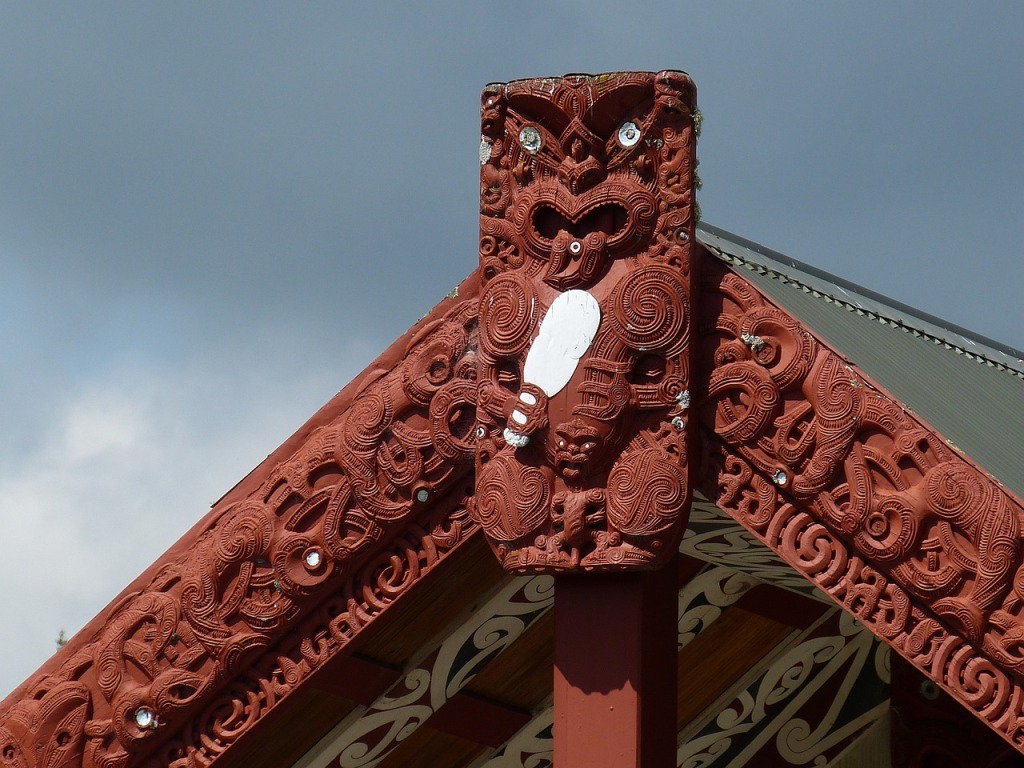
The Māori culture is an integral part of New Zealand’s identity, and visitors should show respect and appreciation for its traditions and customs. Take the time to learn about the local history, visit Māori cultural sites, and engage with the community respectfully.
- Learn about Māori traditions and customs.
- Show respect when visiting Māori cultural sites, like marae.
- Remember to remove your shoes before entering marae(Māori meeting grounds).
4. Outdoor Safety:
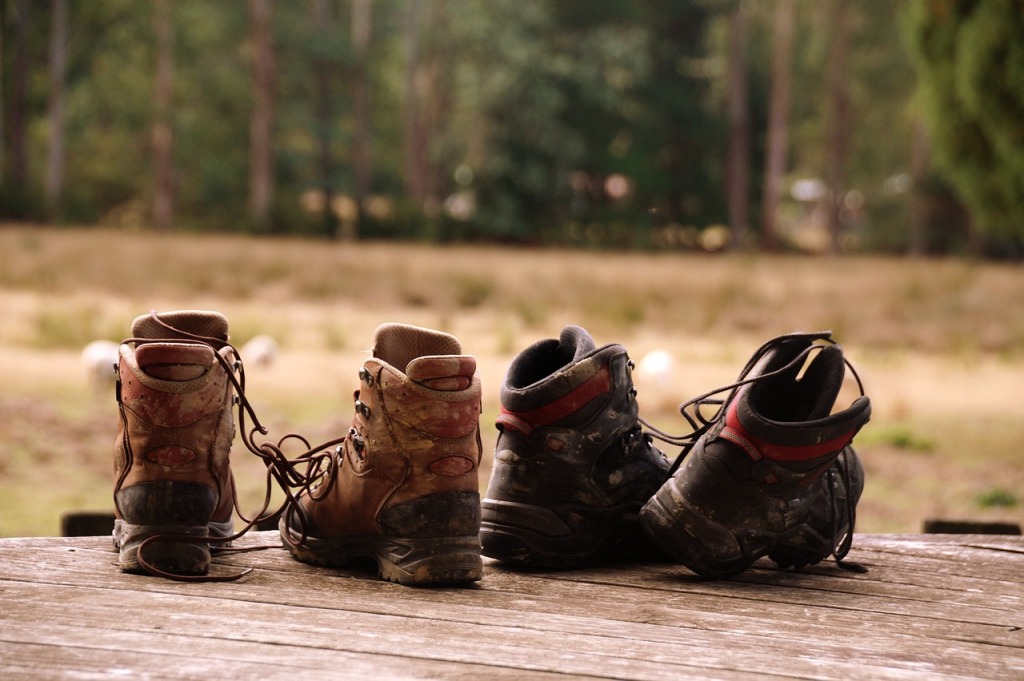
New Zealand’s natural beauty is unparalleled, but it’s essential to prioritize safety when exploring the great outdoors.
- Always check the weather forecast before outdoor activities.
- Carry plenty of water, snacks, and appropriate gears.
- Inform someone of your plans if venturing off the beaten path.
5. Wildlife Encounters:
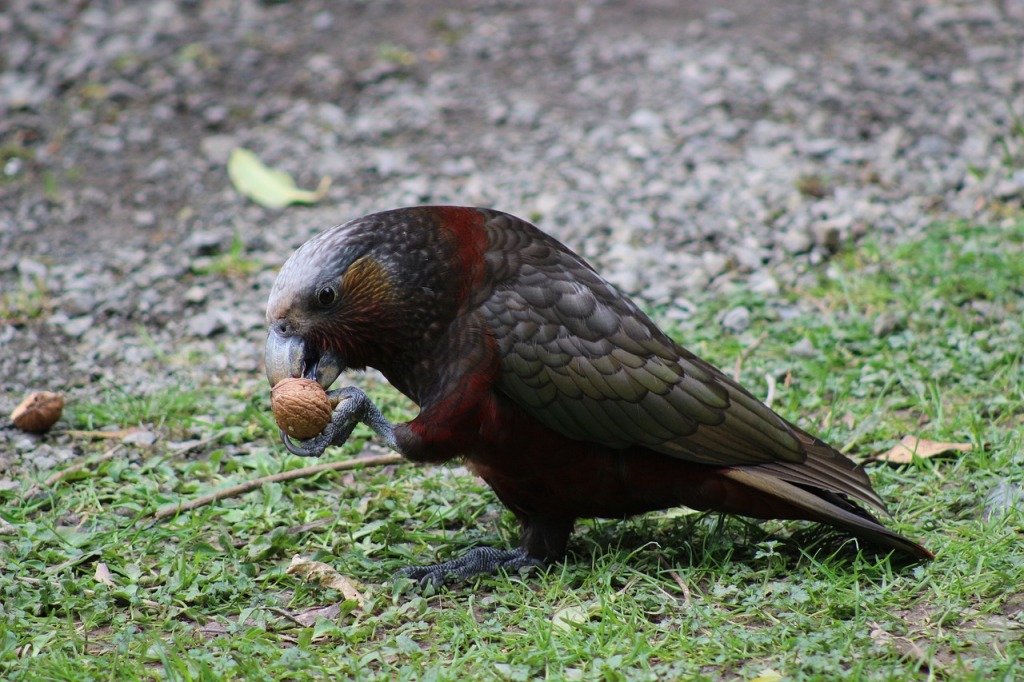
From playful dolphins to majestic kiwi birds, New Zealand is home to a diverse array of wildlife. Lets look into what types of predators are present/absent in New Zealand Wildlife.
Predators Present in New Zealand:
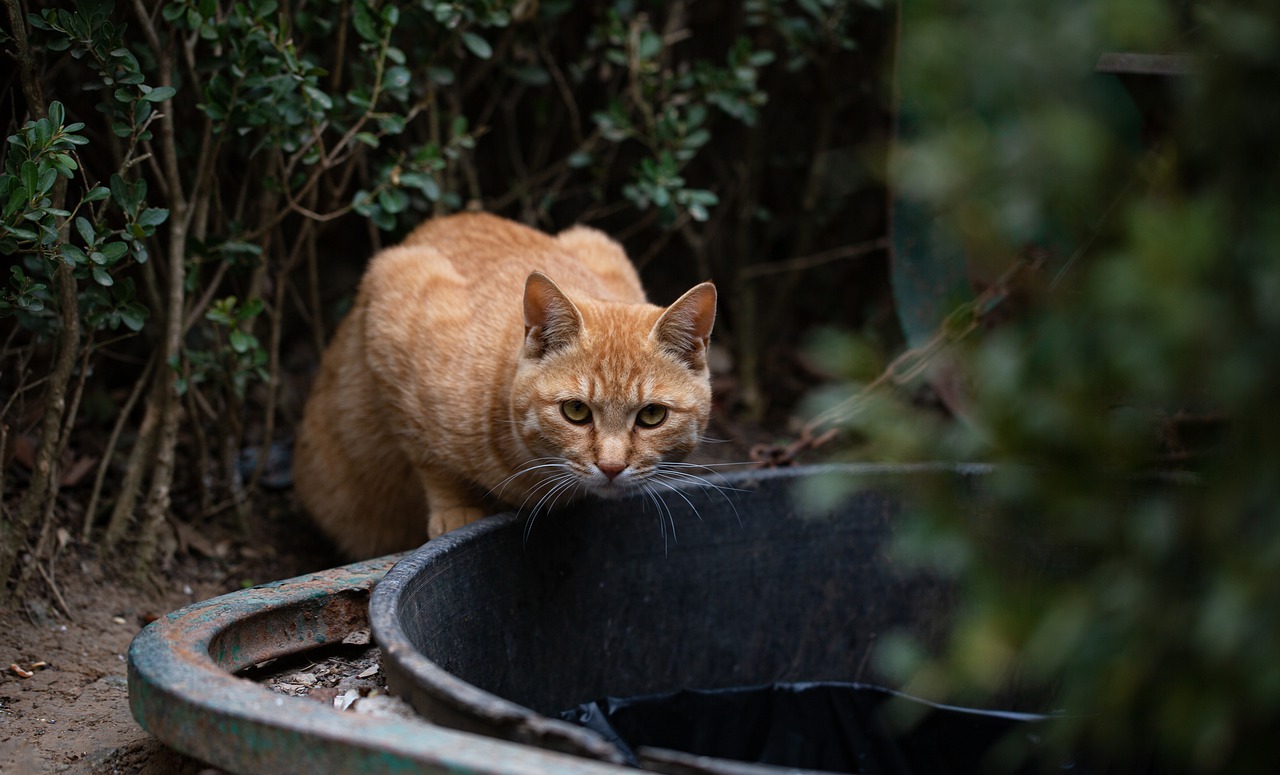


- Stoats, Weasels, and Ferrets: Introduced for pest control, these predators are among the most damaging to native bird populations. They prey on eggs, chicks, and even adult birds, contributing to the decline of several species.
- Feral Cats: Like in many parts of the world, feral cats are efficient hunters and pose a threat to native birds, reptiles, and insects. They are known to decimate populations of small bird species.
- Possums: Introduced from Australia, possums have become a major pest in New Zealand. They feed on native vegetation, compete with native birds for food, and are carriers of diseases like bovine tuberculosis.
- Rats: Both ship rats and Norway rats were introduced by European settlers. They prey on native birds, insects, and reptiles, and are particularly harmful to ground-nesting bird species.
- Hedgehogs: Introduced for pest control, hedgehogs can also prey on the eggs and chicks of ground-nesting birds.
While these introduced predators have had a significant impact on New Zealand’s native wildlife, there are several predators that are not present in the country due to its isolation. These include:
Predators Not Present in New Zealand:
- Large Carnivores: New Zealand lacks large carnivores such as wolves, bears, and big cats, which are present in many other parts of the world.
- Non-native Primates: There are no non-native primates, such as monkeys or apes, in New Zealand.
- Large Herbivores: With the exception of introduced species like deer and wild boar, New Zealand does not have large herbivores such as elephants or rhinoceroses.
- Venomous Snakes: Unlike Australia, New Zealand does not have any native land snakes, venomous or otherwise.
- Crocodilians: Crocodiles are not native to New Zealand, although there have been occasional sightings of individual crocodiles, likely escaped captives, in northern regions.
- Observe native wildlife from a respectful distance.
- Avoid feeding or disturbing animals.
- Exercise caution around seals and sea lions, especially during breeding season.
6. Budgeting and Currency:
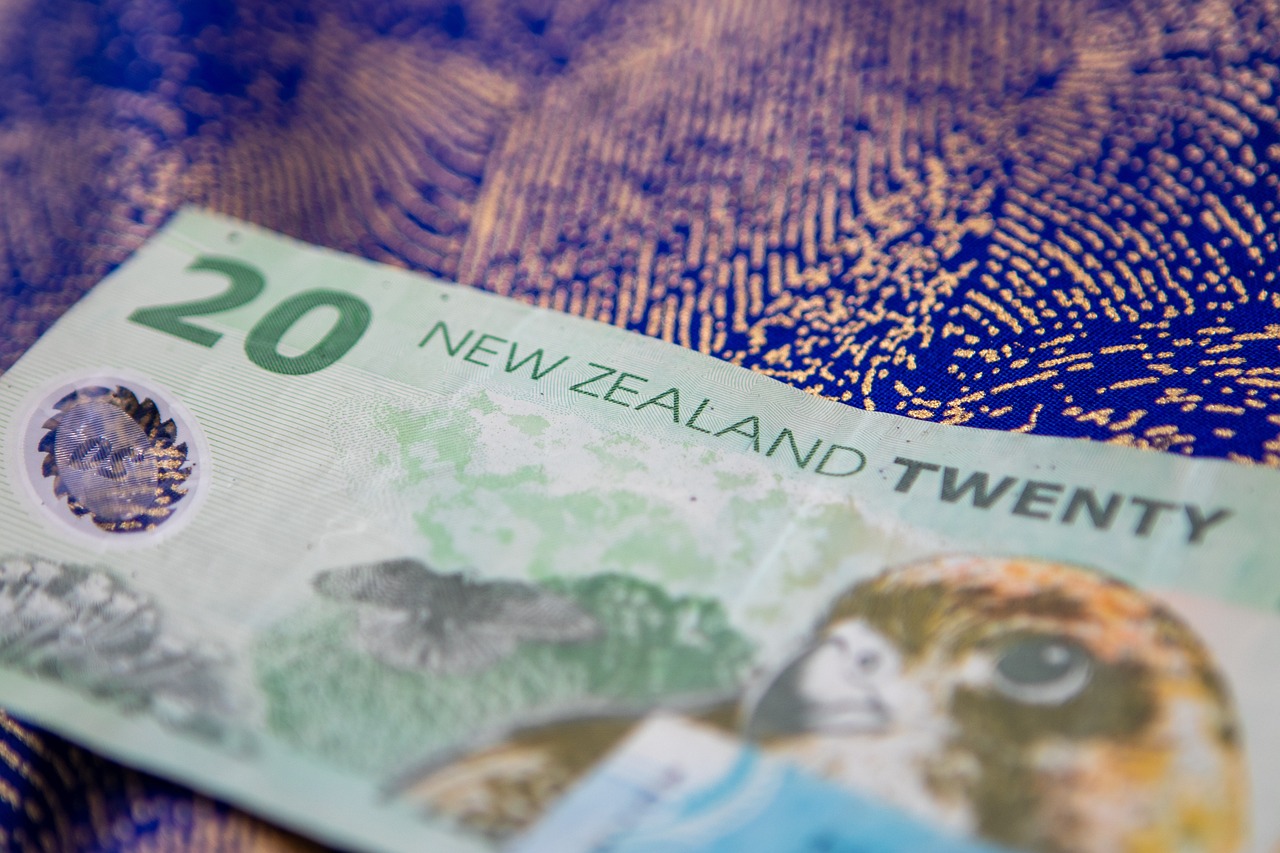

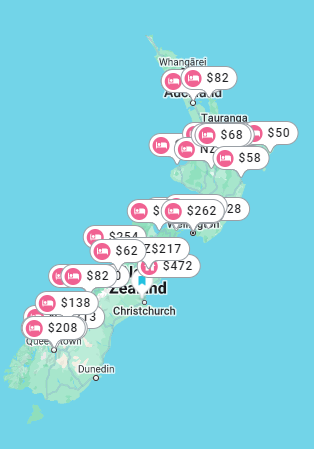
- Currency and Cost of Living: The currency in New Zealand is the New Zealand Dollar (NZD). While the cost of living can vary depending on the region, it’s generally advisable to budget accordingly. For instance, average hotel prices can range from NZD 100 to NZD 300 per night, with higher prices in major cities like Auckland and Queenstown.
- Accommodation Options: Look for budget-friendly accommodation options such as hostels or self-catering accommodations, which can range from NZD 20 to NZD 100 per night. Alternatively, consider staying in motels or holiday parks, which offer a range of affordable options for travelers. The picture is shown from google maps result.
- Dining Expenses: Dining out in New Zealand can vary in cost, with average meal prices ranging from NZD 10 to NZD 30 for a casual meal and NZD 20 to NZD 50 for a mid-range restaurant meal. To save money, consider cooking your meals or opting for takeaway options from local cafes and food stalls.
- Transportation Costs: Budget for transportation costs, including fuel if you’re renting a car, or public transportation fares if you’re using buses, trains, or ferries. Consider getting a public transportation card, such as the Hop Card in Auckland or the Snapper Card in Wellington, for cheaper travel around the city.
- ATMs and Money Exchange: ATMs are widely available throughout New Zealand, especially in urban areas and tourist hotspots. It’s advisable to use ATMs affiliated with major banks to avoid excessive withdrawal fees. Additionally, you can exchange currency at banks, currency exchange offices, or at the airport upon arrival.
- Easy Ways to Travel and Expenses: Plan your expenses in advance and keep track of your spending to ensure you stay within budget. Consider using budgeting apps or spreadsheets to monitor your expenses. Look for free or low-cost activities and attractions, such as hiking, visiting parks, or exploring local markets, to save money while still experiencing the beauty of New Zealand.
7. Emergency Services and Healthcare:

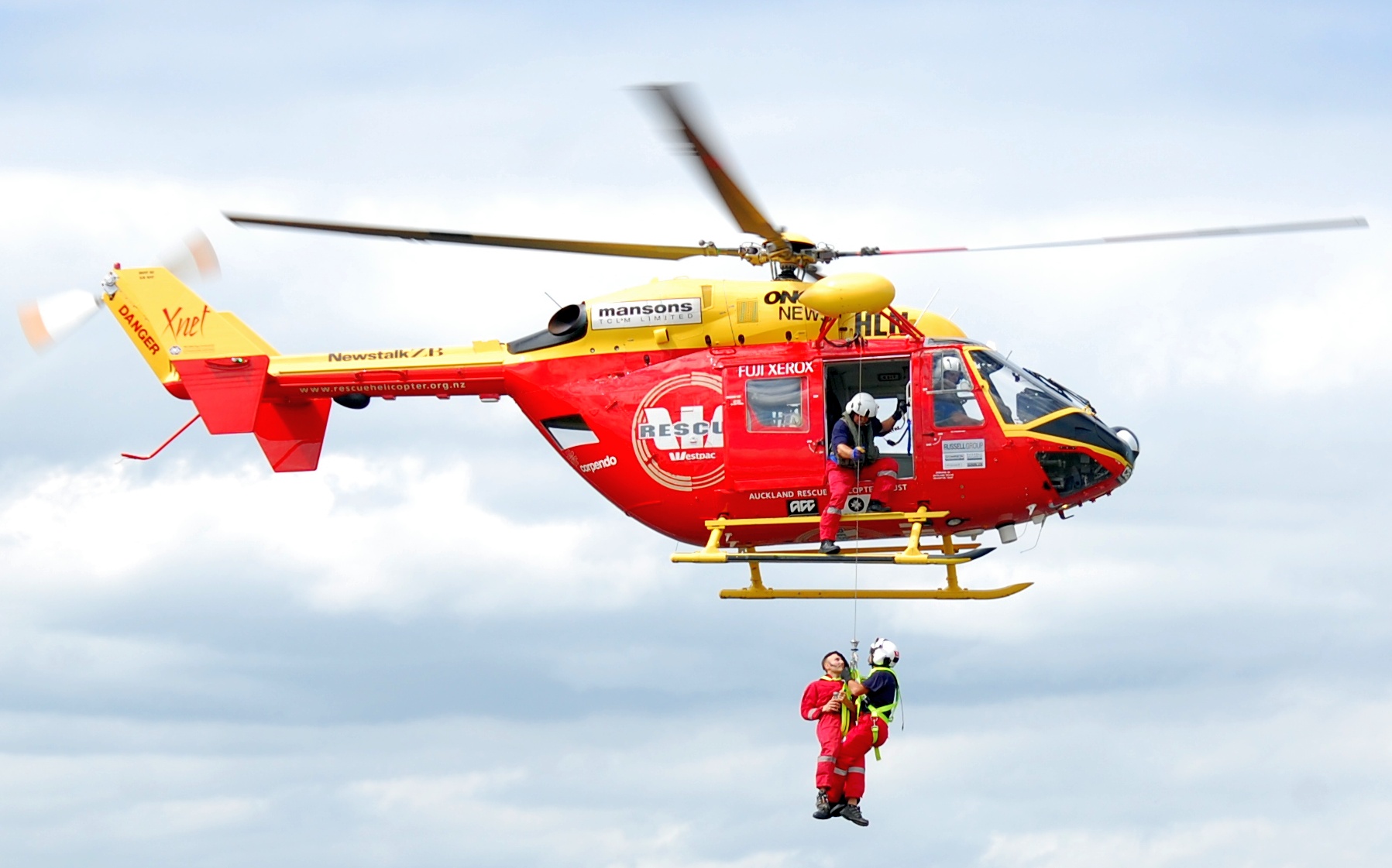
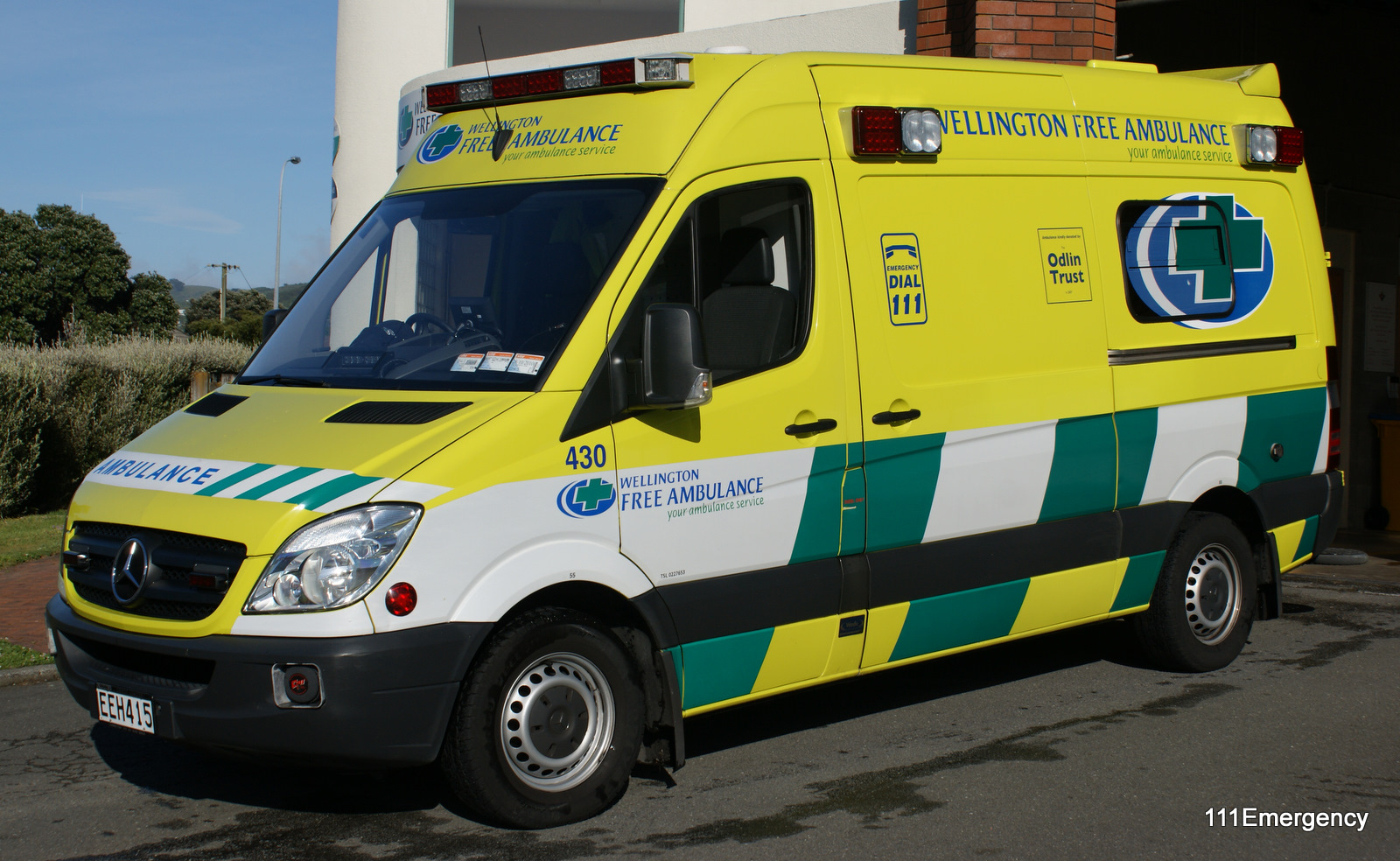
- New Zealand’s healthcare system is publicly funded and provides essential medical services to residents and eligible visitors.
- The Accident Compensation Corporation (ACC) covers injuries resulting from accidents for all residents and temporary visitors.
- Visitors should have comprehensive travel insurance to cover medical emergencies, as ACC does not cover illnesses or non-accident-related injuries.
- Travelers from countries with reciprocal healthcare agreements may have some basic coverage, but it’s essential to confirm eligibility before traveling.
- In case of a medical emergency, dial 111 for immediate assistance; emergency services, including ambulance services, are free for everyone.
- Pharmacies are widely available, offering over-the-counter and prescription medications, as well as advice on minor ailments and healthcare products.
8. Transportation:
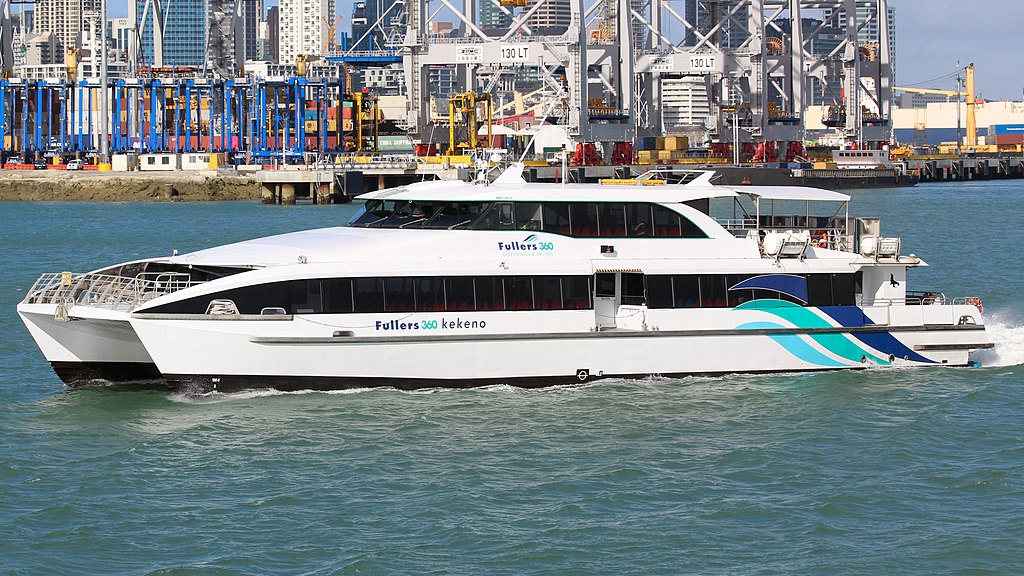

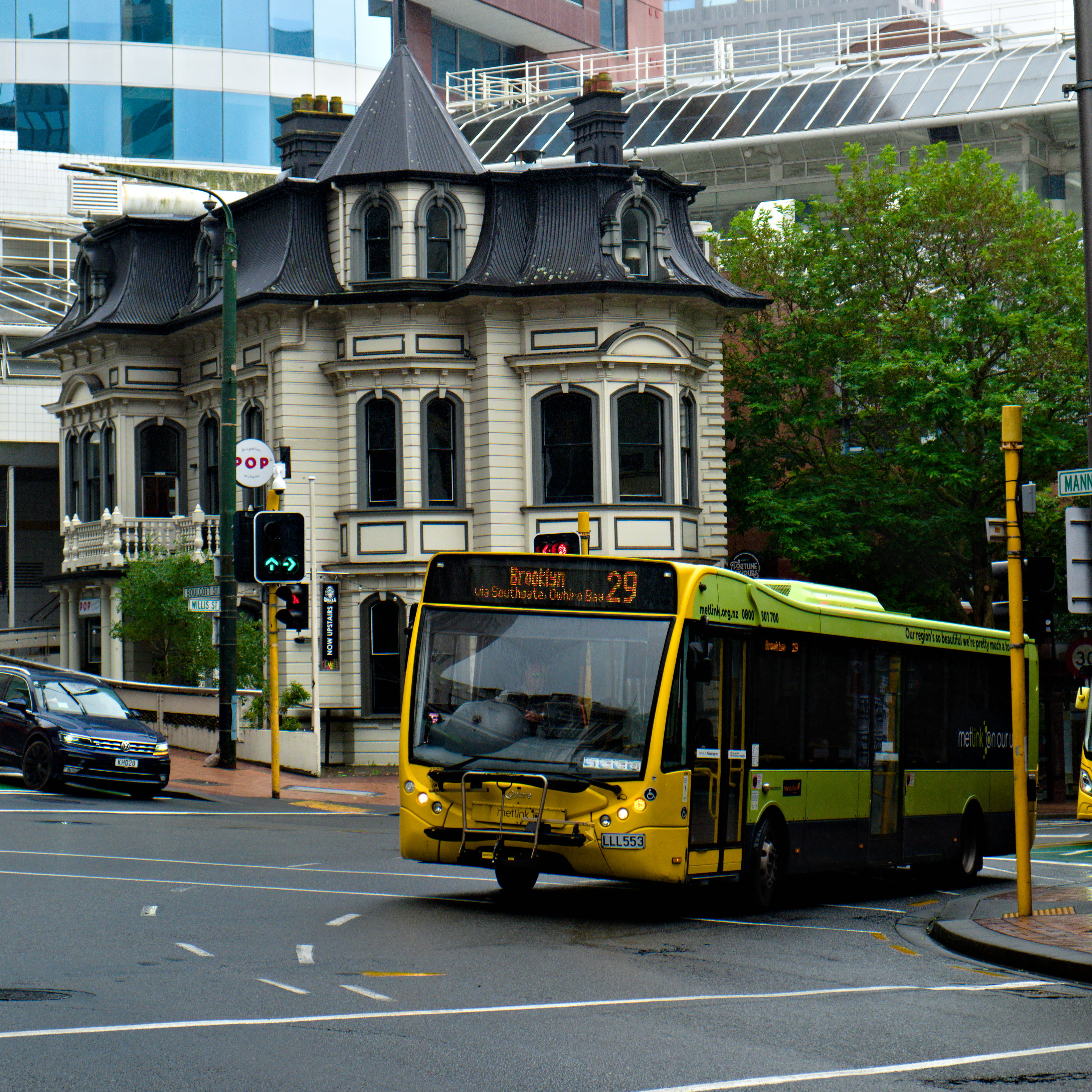
New Zealand offers various public transportation options that make getting around the country convenient, especially for travelers. In urban areas like Auckland, Wellington, and Christchurch, you’ll find well-developed public transit systems, including buses, trains, and ferries, making it easy to navigate cities and their surrounding regions. Additionally, long-distance buses and trains connect major cities and towns, providing an affordable and scenic way to explore the country. Many regions also offer bike-sharing programs and walking paths, perfect for eco-conscious travelers looking to explore at a leisurely pace.
As a visitor to New Zealand, you have several options for travel cards that can make your journey more convenient and cost-effective. Here are some types of travel cards you can consider:
- Hop Card (Auckland): The Hop Card is a reusable smart card for public transportation in Auckland. It can be used on buses, trains, and ferries within the Auckland Transport network. With the Hop Card, you can enjoy discounted fares compared to cash payments, as well as easy top-up options online or at various locations throughout the city.
- Snapper Card (Wellington): In Wellington, the Snapper Card is the equivalent of the Hop Card in Auckland. It is a reloadable smart card that allows you to pay for fares on buses, trains, and ferries operated by Metlink. Like the Hop Card, the Snapper Card offers discounted fares and convenient top-up options.
- Metrocard (Christchurch): The Metrocard is the travel card used for public transportation in Christchurch. It can be used on buses operated by Metro Canterbury, providing discounted fares and hassle-free travel around the city.
- AT HOP Card (Regional): If you’re traveling beyond Auckland but still within the wider Auckland region, you can use an AT HOP Card. This card allows you to access public transportation services operated by various regional providers, including buses and trains, offering seamless travel across the Auckland region.
- Regional Travel Cards: Depending on your travel plans, you may also consider regional travel cards offered in other parts of New Zealand, such as the Bee Card in Dunedin,Nelson or the GoCard in Hamilton. These cards provide similar benefits, including discounted fares and ease of use on public transportation networks within their respective regions.
9. Kiwi Hospitality:

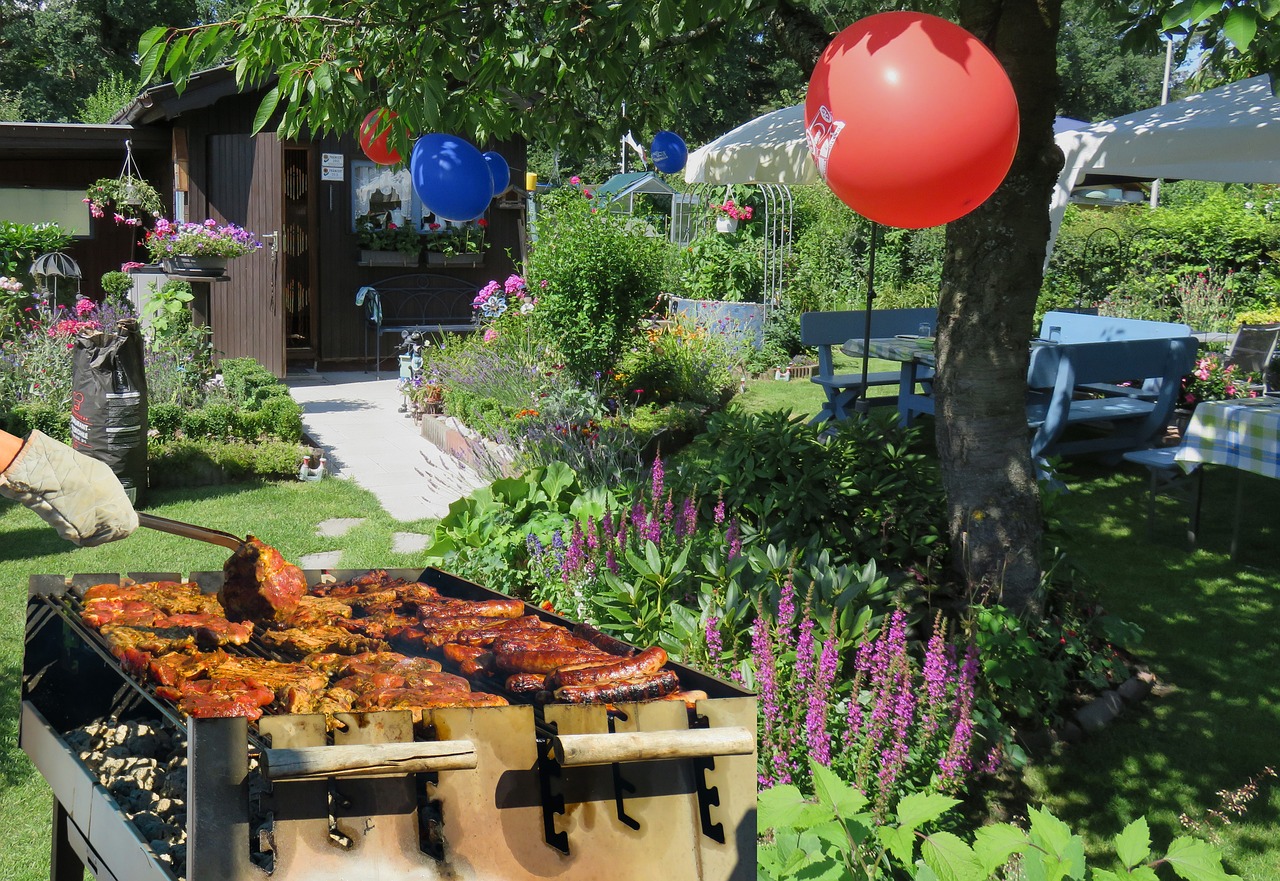

- Friendly Demeanor: Kiwis are known for their approachable and friendly nature. Whether you’re interacting with locals in shops, restaurants, or on the street, you can expect to be greeted with a genuine smile and welcoming attitude.
- Helpful Attitude: New Zealanders are known for their willingness to lend a helping hand. If you’re lost or in need of assistance, don’t hesitate to approach a Kiwi for directions or advice. They’ll likely go out of their way to ensure you find your way or get the help you need.
- Down-to-Earth Culture: Kiwis value humility and authenticity, which is reflected in their down-to-earth approach to life. You’ll find that conversations with locals are often relaxed and unpretentious, making it easy to connect and feel at ease in social settings.
- Hospitality in Accommodation: Whether you’re staying in a hotel, bed and breakfast, or Airbnb, you can expect warm hospitality from your hosts. Kiwi hosts often go above and beyond to ensure their guests feel welcome and comfortable during their stay.
- Community Spirit: New Zealanders have a strong sense of community and are known for their generosity and willingness to help others. You may encounter community events, fundraisers, or initiatives aimed at supporting local causes and bringing people together.
- Cultural Sensitivity: Kiwis are respectful of different cultures and backgrounds, making New Zealand a welcoming destination for visitors from all walks of life. You’ll find that locals are curious and open-minded, eager to learn about your culture and share their own.
- Outdoor Enthusiasm: With New Zealand’s stunning natural landscapes and outdoor recreational opportunities, Kiwis have a deep appreciation for nature and outdoor activities. You’ll likely encounter locals who are passionate about hiking, surfing, camping, and other outdoor pursuits, and they may even offer insider tips on the best spots to explore.
In conclusion, traveling to New Zealand offers an unforgettable adventure filled with stunning landscapes, rich culture, and warm hospitality. By keeping these essential tips in mind, you’ll be well-prepared to make the most of your journey and create lasting memories in this beautiful country. So pack your bags, embrace the spirit of adventure, and get ready for an experience of a lifetime in the Land of the Long White Cloud.
Kia ora (be well) and safe travels!
References and Attributions
- https://commons.wikimedia.org/wiki/File:I.V_Kekeno.jpg
- https://commons.wikimedia.org/wiki/File:Metlink_on_willis_manners_junction.jpg
- https://commons.wikimedia.org/wiki/File:Wellington_Free_Ambulance_430.jpg
- https://commons.wikimedia.org/wiki/File:St_John_Ambulance_274.JPG
- https://kiwieducation.com/nz/news/public-transport-in-new-zealand/
- https://www.workingin-newzealand.com/live-and-settle/kiwi-society/
- https://www.facebook.com/MulticulturalNT
- attributions:
- elysia, CC BY 4.0 https://creativecommons.org/licenses/by/4.0, via Wikimedia Commons
- Derek Quinn, CC BY 3.0 https://creativecommons.org/licenses/by/3.0, via Wikimedia Commons
- Medic1nz, CC BY-SA 3.0 https://creativecommons.org/licenses/by-sa/3.0, via Wikimedia Commons
